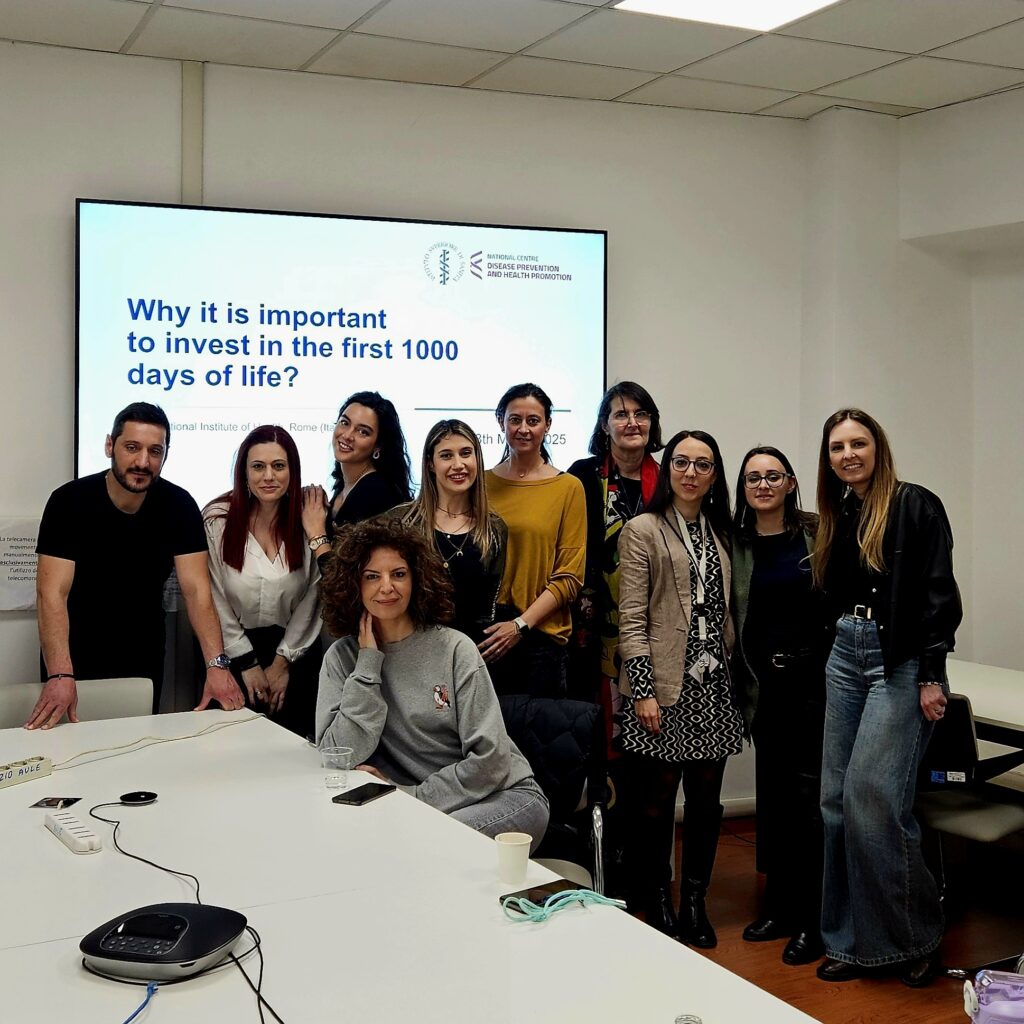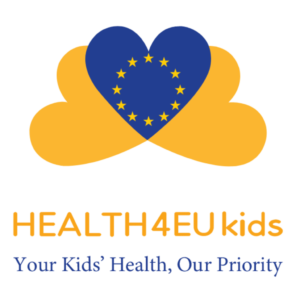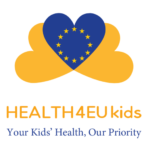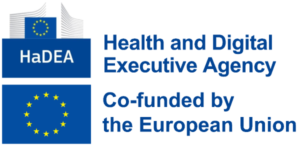Spotlight on Collaboration: Joint Action Health4EUKids and the University of Patras at Italian National Institute of Health (ISS)

On 27–28 March 2025, the Istituto Superiore di Sanità (ISS) hosted the 2nd in-person meeting of Work Package 4 (WP4) of the Joint Action Health4EUKids. The meeting took place at the National Centre for Disease Prevention and Health Promotion in Rome and focused on the sustainability and transferability of Best Practices, especially through the ongoing DELPHI process and policy dialogues.
On this special occasion, a group of postgraduate students in Public Health from the University of Patras joined the event and actively participated in the Joint Action’s activities.
In addition to attending the WP4 sessions, dedicated meetings were organized to present ISS’s broader work, ranging from national health surveillance systems to infectious disease prevention and preparedness, and including thematic insights into the Joint Action’s scope. Topics covered included the promotion of children’s health and the critical role of the first 1000 days of life in building a solid foundation for long-term health.
A special focus was given to the intersection between the Best Practices implemented in Health4EUKids and the Joint Action on the Prevention of Non-Communicable Diseases (PreventNCD), particularly concerning support for families and young children and the Baby-Friendly Community Initiative.
More details at:
https://www.dypede.gr/h4euk_wp4/
https://www.preventncd.eu/work-packages/wp-06/baby-friendly-community-and-health-services-bfchs/
#HaDEA
 The “HEALTH4EUkids” Joint Action aims to implement health promotion and prevention strategies for child obesity across European countries. It seeks to share best practices and research findings, particularly focusing on the initiatives Grunau Moves from Germany and Smart Family from Finland. The project involves knowledge transfer, cooperation between member states, policy development, and the promotion of healthy lifestyles in families and communities. Its goal is to prevent childhood obesity, increase physical activity and healthy diet, and ensure the sustainability and transferability of successful practices to other member states.
The “HEALTH4EUkids” Joint Action aims to implement health promotion and prevention strategies for child obesity across European countries. It seeks to share best practices and research findings, particularly focusing on the initiatives Grunau Moves from Germany and Smart Family from Finland. The project involves knowledge transfer, cooperation between member states, policy development, and the promotion of healthy lifestyles in families and communities. Its goal is to prevent childhood obesity, increase physical activity and healthy diet, and ensure the sustainability and transferability of successful practices to other member states.
This project has received funding from the European Union’s EU4HEALTH Programme under the Grant Agreement no 101082462






